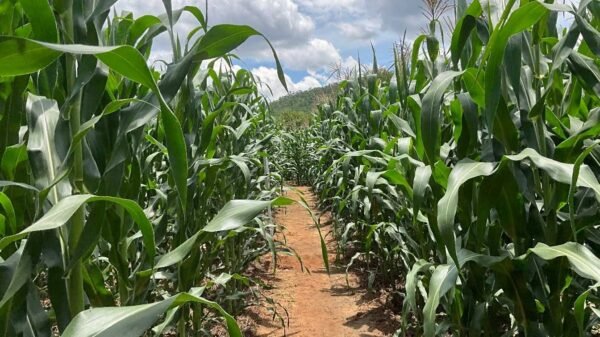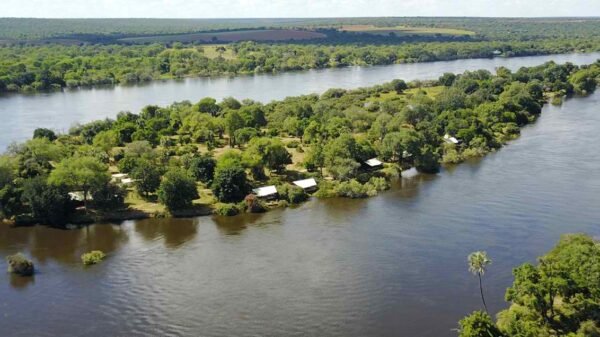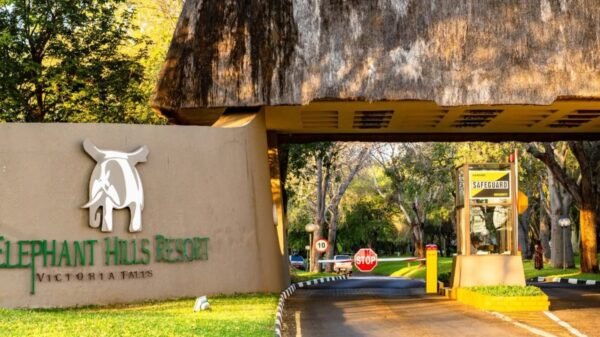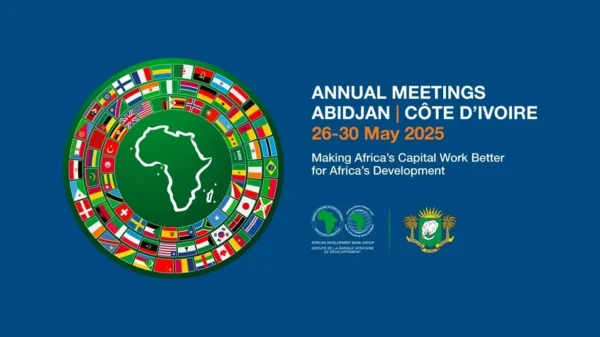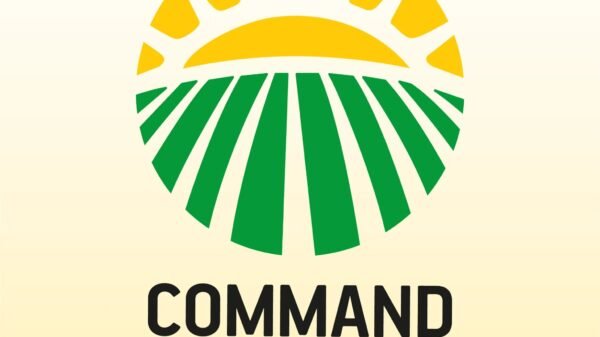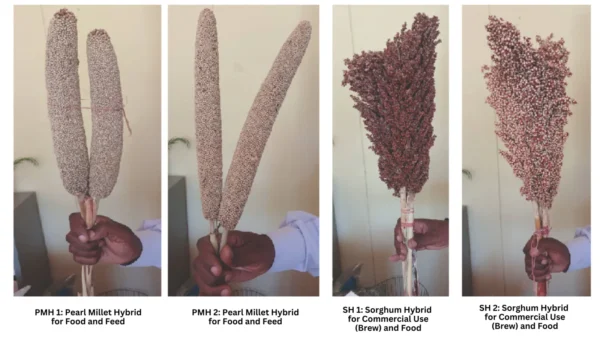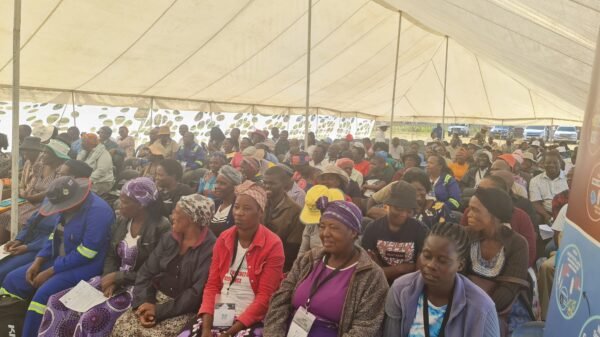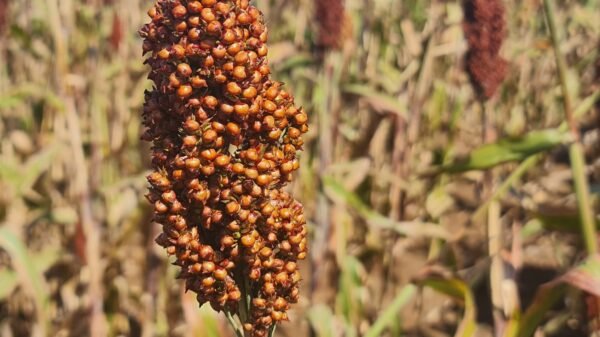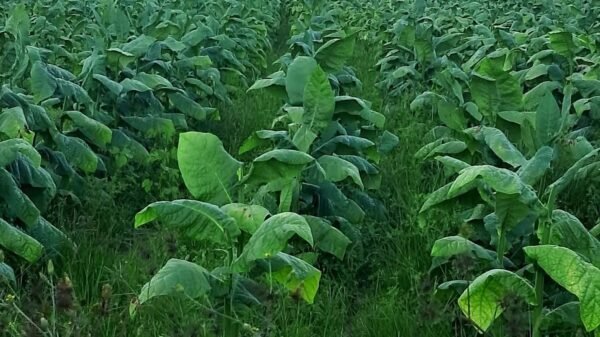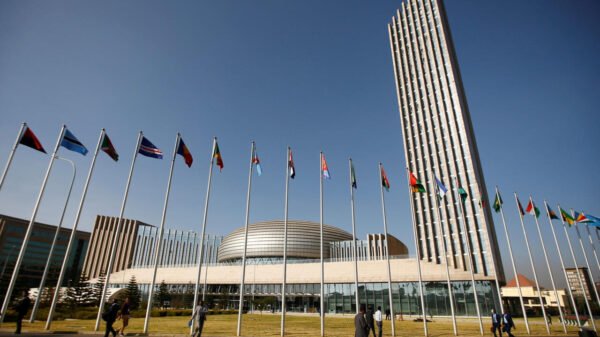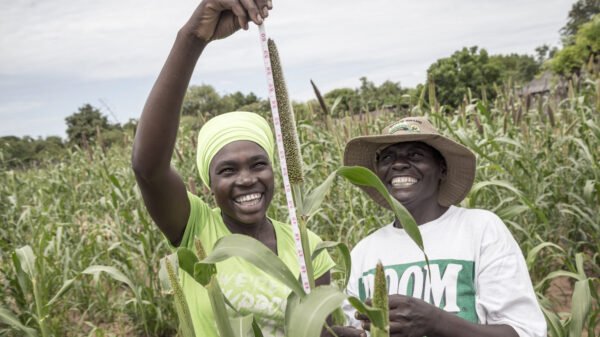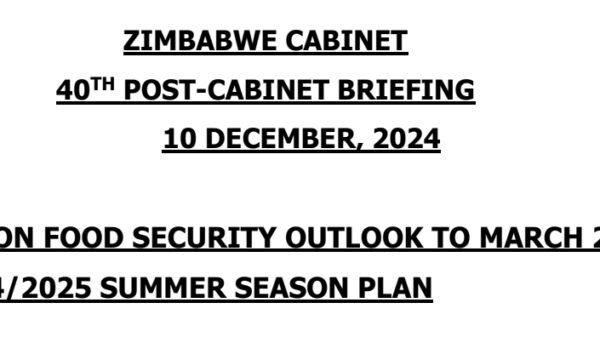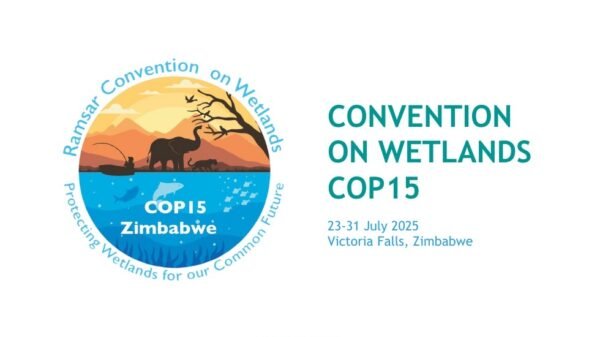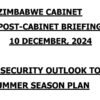THE United Nations’ World Food Programme (WFP), which needs US$72.6 million to feed hunger-stricken Zimbabweans between January and June 2025, is closing its southern Africa office following drastic aid cuts by United States President Donald Trump.
Zimbabwe is a food-deficit country, with 49% of its 15.2 million citizens living in extreme poverty. Chronic malnutrition afflicts 24% of all children under the age of five.
The WFP is the world’s largest humanitarian organisation, and the closure of its regional office will affect vulnerable communities.
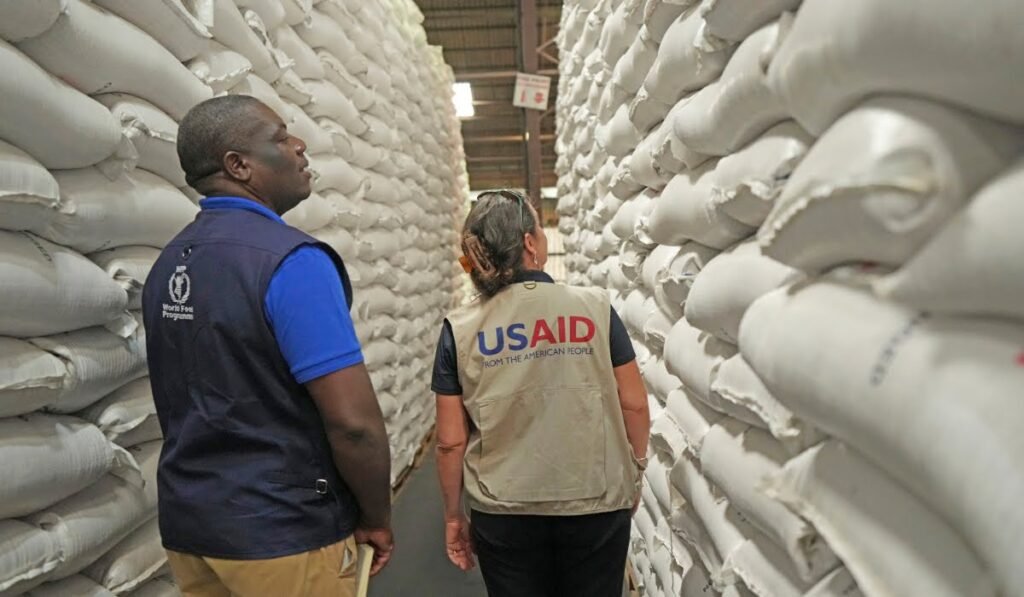
Officials from the WFP and USAID inspect a donation of US$11 million worth of food aid at a ceremony in Harare, Zimbabwe, on 17 January 2024. (AP Photo/Tsvangirayi Mukwazhi, File).
A 2024 Zimbabwe Vulnerability Assessment Committee report estimates that 35% of the urban population, or 1.7 million people, are currently food insecure. An estimated 4.7 million people in rural areas were food insecure from July to August 2024, and hunger is projected to affect 5.9 million people at the peak of the lean season from January through March 2025.
The WFP did not say how much funding it had lost from USAID, but it received US$4.4 billion in assistance from the US last year, around half its total annual budget and more than four times the amount given by the second-biggest donor, Germany.
WFP spokesperson Tomson Phiri said the UN agency would consolidate its southern and East Africa operations into one regional office in Nairobi, Kenya. The southern Africa office in Johannesburg will close. Phiri said food programmes would continue.
Implications for Zimbabwe
In December 2024 alone, 170 400 people in Zimbabwe received assistance from the WFP through in-kind food and cash transfers. Cash-based transfers totalling US$227 071 were distributed that month.

The WFP, in partnership with co-operating partners, has been supporting the Zimbabwean government’s Lean Season Assistance programme in districts worst affected by hunger.
Through another scheme, Food Assistance for Assets, some vulnerable households have been receiving food rations while others benefitted from nutrition gardens, solarised boreholes, drip irrigation, fodder gardens, and orchards.
Under projects undertaken by the UN agency and other donors, thousands of participants received training in asset management, financial literacy, post-harvest handling, farming as a business, gender and child protection, and sustainable agriculture to enhance livelihoods.
Integrated resilience building
The humanitarian work conducted by the WFP is critical. For example, in December alone, the WFP and donor partners supported 4 000 households through the Integrated Climate Risk Management programme in Masvingo and Rushinga.
Key achievements included creating 14 assets, installing drip irrigation on 5.5 hectares, and improving livestock with four Boer goats in Rushinga. Poultry and mushroom starter packs were provided, and 1 800 metres of fencing secured three weir basins. Additionally, 1 000 hectares of land underwent soil and water conservation.
Training in asset management and maintenance was provided to 168 participants, including project implementation teams, asset management committees, and water point committees.
Support to refugees
In Zimbabwe, the WFP does not restrict its assistance to citizens.
In December 2024, the UN agency helped 12 346 people of concern with cash and in-kind support, including 12 077 for cash, 12 066 for maize-meal, and targeted nutrition support for children under-5, pregnant and breastfeeding women and girls, and chronically ill persons. Additionally, 269 new arrivals received full in-kind food baskets.–Staff Writer/AP.

